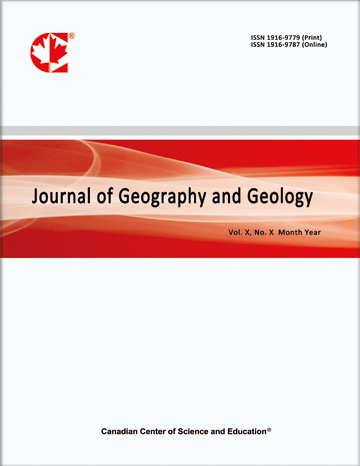Obstacles and Challenges in Management of Social Cooperation in Administration of Zone 3, Isfahan, Iran
- Mohammad Ali Firoozi
- Majid Goodarzi
- Abdolmotalleb Akbari
Abstract
The present research aims to recognizing the effective factors on reduction of social cooperation with the purpose of attracting social cooperation in directing city zones (zone 3, Isfahan, Iran). The methodology is based on documental and survey methods. The statistical sample of this research contains over 18 year-old people who live in zone number 3 inIsfahan, from whom 385 individuals were chosen as the sampleofthis research using Cochran method. To collect data, a researcher made questionnaire (analysis of effective factors on social cooperation in directing city zones) was utilized. The findings show that the effectiveness rate of cooperation, trust on executives and organizations, training, residency status, education status, stimulus, and the role of the person in the family are preventing factors of social cooperation in directing the city zones (zone number 3 inIsfahan). Therefore, if the responsible authorities are fond of removing the obstacles of social cooperation in directing the city zones (zone number 3 in Isfahan), they should think of the above mentioned obstacles and decide on these items for their long term goals.
- Full Text:
 PDF
PDF
- DOI:10.5539/jgg.v4n4p12
Journal Metrics
(The data was calculated based on Google Scholar Citations)
Google-based Impact Factor (2018): 11.90
h-index (January 2018): 17
i10-index (January 2018): 36
h5-index (January 2018): 13
h5-median(January 2018): 15
Index
- BASE (Bielefeld Academic Search Engine)
- Bibliography and Index of Geology
- CiteFactor
- CNKI Scholar
- Educational Research Abstracts
- Excellence in Research for Australia (ERA)
- GeoRef
- Google Scholar
- LOCKSS
- NewJour
- Norwegian Centre for Research Data (NSD)
- Open J-Gate
- PKP Open Archives Harvester
- SHERPA/RoMEO
- Standard Periodical Directory
- Ulrich's
- Universe Digital Library
- WorldCat
Contact
- Lesley LuoEditorial Assistant
- jgg@ccsenet.org
